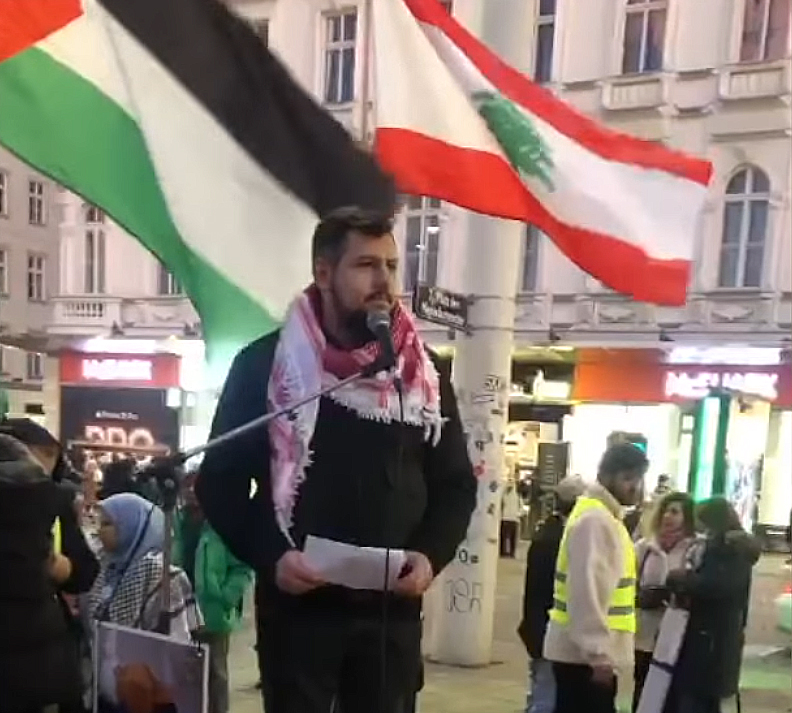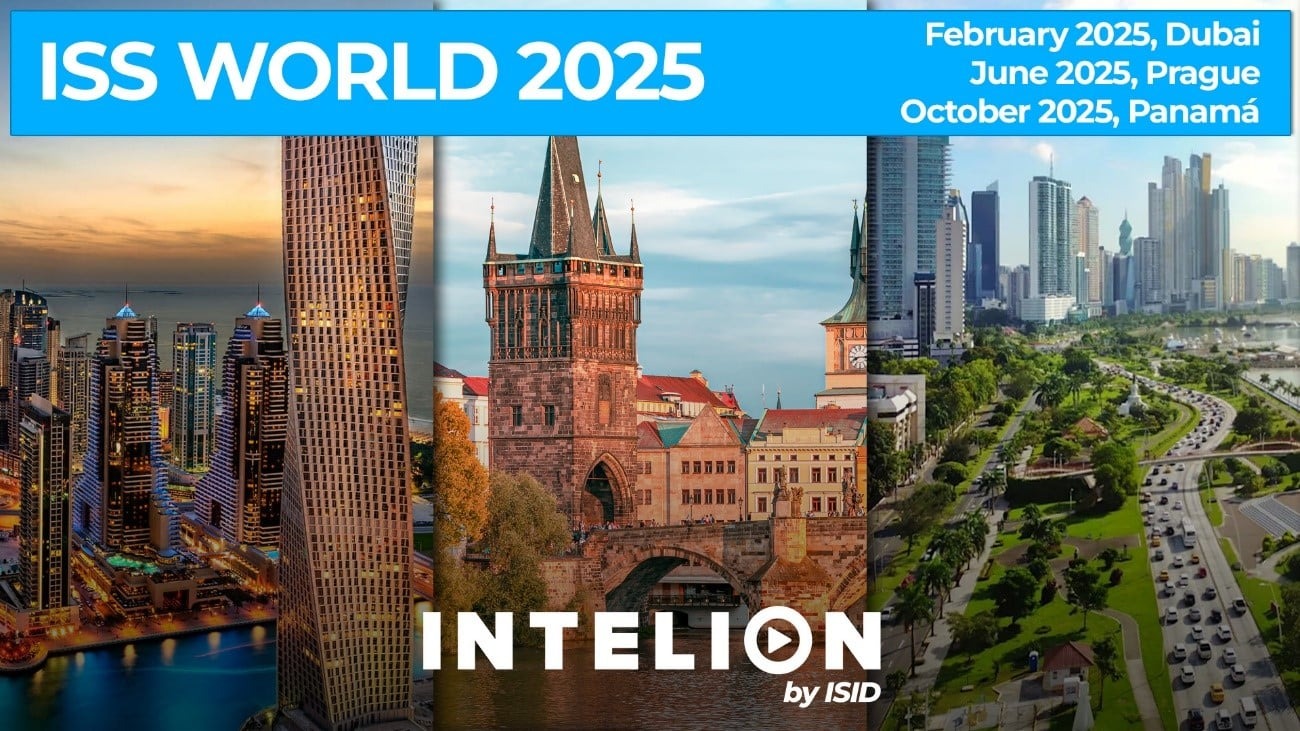On August 15, British journalist Richard Medhurst found himself at the center of a legal and ethical storm after being arrested under Section 121A of the UK Terrorism Act at London Heathrow Airport.
The arrest, which Medhurst describes as “a declaration of war on journalism,” sent shockwaves across the globe, igniting fierce debates about press freedom, state power, and the role of dissent in democratic societies.
The Arrest That Shook British Journalism
When Medhurst landed in London, he was greeted not by colleagues or supporters, but by six police officers who took him into custody. His devices—including microphones, headphones, and mobile phones—were confiscated, and he was held for 24 hours under suspicion of terrorism.
“I was arrested as a ‘terrorist’ for doing my job,” Medhurst recounted. “They took everything—my electronics, my tools as a journalist—and now I’m under investigation. If convicted, I could face 14 years in prison. Fourteen years for telling the truth. Think about what that means for Britain as a so-called democracy.”
Medhurst’s case marks the first time a journalist in Britain has been detained under this section of the Terrorism Act, a move that press freedom advocates warn could set a chilling precedent.
Targeting the Truth-Tellers
Medhurst believes his arrest is part of a broader campaign to silence those who expose the truth about Israel’s actions in Gaza and beyond. He stated, “After my arrest, they began going after activists and other journalists. This isn’t just about me. This is about silencing anyone who challenges their narrative.”
He shared horrifying accounts of atrocities in Gaza, accusing Israel of systematically targeting civilians, doctors, and journalists. “This morning, a British doctor in Gaza spoke about patients with maggots in their wounds because basic medical supplies aren’t allowed in. Soap, shampoo—nothing. Israel wants to make it as difficult as possible for anyone to help.”
Medhurst also highlighted the story of a young man, Shaban al Dalu, burned alive with his mother at Al-Aqsa Martyrs Hospital, describing the scene as “inhuman” and emblematic of broader war crimes. “These are deliberate acts. They want to destroy any evidence of their crimes.”
Journalism on Trial
Medhurst’s case raises fundamental questions about the freedom of the press in the UK and other democracies. “If they can do this to me, a journalist, what’s stopping them from going after anyone else who dares to speak out?” he asked.
His arrest has drawn condemnation from press freedom organizations worldwide, who argue that the use of anti-terror laws against journalists sets a dangerous precedent. Many fear it could deter critical reporting on sensitive issues, particularly in conflict zones.
“What we’re witnessing is the criminalization of truth-telling,” Medhurst said. “They don’t want journalists like me exposing their atrocities because the truth about Zionism and Israel’s actions doesn’t look good. This is why they target us.”
A Broader Geopolitical Context
Medhurst situates his ordeal within the larger framework of geopolitics and Western complicity. He pointed to Israel’s attacks on Gaza, Lebanon, Syria, and beyond, arguing that economic interests are often the driving force behind these conflicts.
“Make no mistake—Gaza is about resources,” he explained. “There’s gas on that coastline, and Israel wants it. The destruction we’re seeing is genocidal, it’s racist, but it’s also about economics. They need control of these resources for their plans in the region.”
Medhurst also criticized Western governments for their role in perpetuating these dynamics, particularly the United States. “Donald Trump’s administration was a gift to Israel,” he said. “From moving the U.S. embassy to Jerusalem to recognizing the Syrian Golan Heights as Israeli territory, every action was designed to normalize occupation and oppression.”
Medhurst’s Call to Action
Despite the threats and challenges he faces, Medhurst remains resolute. He called on people around the world to speak out against injustices in Gaza and beyond. “When people ask you what you did during Gaza’s genocide, what will you say? That you stayed silent? You have to speak up. You have to make your voice heard.”
He also urged the public to resist provocations designed to suppress peaceful protests. “Israel doesn’t just want to control the narrative—they want to provoke a backlash so they can paint themselves as victims. Don’t fall into that trap. Focus on exposing the truth.”
The Fight for Press Freedom
Medhurst’s case underscores the precarious state of press freedom in Britain and other democratic nations. As he awaits the outcome of the investigation, his ordeal serves as a powerful reminder of the essential role journalists play in holding power to account.
“They want to silence us, but they can’t silence the truth,” Medhurst declared. “The more they try to suppress it, the louder we will speak. Free Palestine! Free the press!”
The arrest of Richard Medhurst is more than an isolated incident; it’s a litmus test for the state of democracy and press freedom in the 21st century. As his case unfolds, the world will be watching to see whether Britain upholds its commitment to free speech—or sets a dangerous precedent for silencing dissent.




